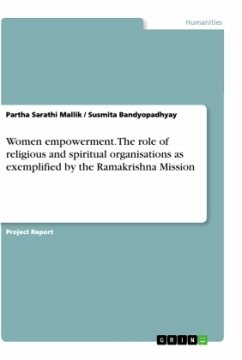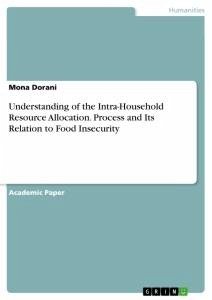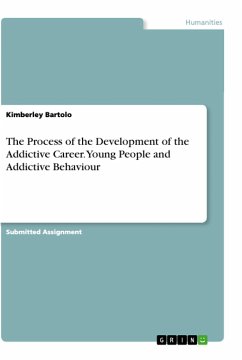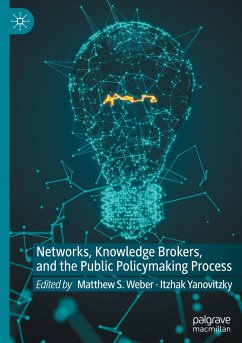
The role of religious experience in the knowledge transfer process

PAYBACK Punkte
0 °P sammeln!
Academic Paper from the year 2005 in the subject Sociology - Knowledge and Information, grade: 1.0, Oxford University (Campion Hall), language: English, abstract: The importance given to knowledge in relation to business success has never been so great as it is today and there is a substantive amount of important and informed studies reflecting this. Nonetheless, informed approaches by prominent authors generally focus on knowledge transfer mechanisms and the efficiency of these mechanisms to support and deliver competitive advantage. An overarching objective of understanding efficient knowled...
Academic Paper from the year 2005 in the subject Sociology - Knowledge and Information, grade: 1.0, Oxford University (Campion Hall), language: English, abstract: The importance given to knowledge in relation to business success has never been so great as it is today and there is a substantive amount of important and informed studies reflecting this. Nonetheless, informed approaches by prominent authors generally focus on knowledge transfer mechanisms and the efficiency of these mechanisms to support and deliver competitive advantage. An overarching objective of understanding efficient knowledge transfer is therefore a central caveat for businesses wishing to achieve success and maintain competitive advantage since it is clear that any significant degradation of efficiency will directly affect this objective. Many studies do recognise the creation of knowledge as a significant factor in determining how effectively a business develops, and knowledge creation is used as a baseline for numerous historic and current studies. To date, however, there have been few studies which denote the affect of socio-cultural or religious phenomena within a transfer scenario as significant, and how this interaction may affect the outcome of the knowledge shared or exchanged in a business context. This paper therefore examines how, in a business context, knowledge transfer is influenced by perspectives given to the knowledge. This rational is deliberate since the transfer of knowledge is rarely a simple unproblematic event. In this regard, we look at a significant amount of literature and research which has been constructed in a bid to understand both the problematic nature surrounding the mechanics of the transfer sequence and definition of the term 'knowledge' to support the establishment of meaningful baselines. The paper then summarises these theoretical baselines into segmented contexts with deliberate intention.













